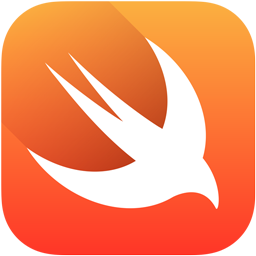Computed Properties vs Functions – Why Does It Matter?

What’s your favorite chocolate chip cookie recipe? I bet you could ask that question to 5 different people and get 5 totally different recipes… brown sugar vs white sugar, cake flour vs all purpose, dark chocolate vs milk chocolate. All of these recipes result in a chocolate chip cookie but the process by which we get there is a matter of personal preference. If you were to ask multiple developers to solve a problem, it’s doubtful that any two developers write identical code. It’s not that any one solution is necessarily better than the others… the resulting code is likely just a matter of personal preference.



